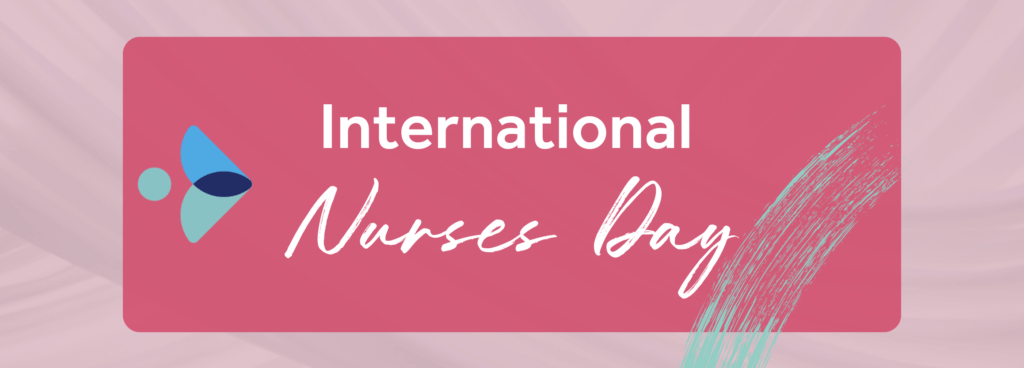This International Stress Awareness Week, we’ve put some tips together to help you manage stress in your careers. There are certain factors that put some professions at an increased risk of high-level stress. Including healthcare workers who have been on the frontline during COVID-19 and teachers dealing with massive disruption to the education system.
Identifying your stress is the first step to tackling it. For example, with teachers, you are taught to recognise stress in your pupils so it may be harder to recognise stress within yourself. Everyone deals with stress in different ways, making it harder to spot.
The NHS is currently facing a burnout, a state of emotional, physical and mental exhaustion caused by excessive and prolonged stress from COVID-19. According to the British Medical Association, 57% of doctors in 2020 were living with one or more of these conditions; depression, stress, anxiety and burnout. The BMA offer face-to-face counselling and support to all NHS workers.
In 2020 59% of primary school teachers and 49% of secondary school teachers experienced high stress levels due to COVID-19. Education Support, offer free phone counselling to help anyone in the education sector.
What is stress?
Feeling stressed is your body’s reaction to feeling under pressure. The responses to stress are physical and emotional and can be caused by different situations or life events.
Do you know the symptoms?
These can include:
- Short temper
- Loss in concentration
- Weight loss/gain
- Increased alcohol/caffeine intake
- Negative thoughts
How to manage stress
Self-care
As healthcare workers and teachers, you may feel like your self-care is not a priority as you are constantly worried about helping patients/pupils. But during these times, you need to make sure you’re also looking after yourself. Your physical and mental health is just as important as everyone else.
Good sleep
When we are stressed, we tend not to get enough sleep. It is essential to have a good night’s sleep – seven to nine hours of sleep each night is recommended. Try to do some breathing techniques before bed, which should put you in a calmer state.
Socialising
You might still feel isolated from COVID and work but it is very important to keep in touch with friends and family. You’ll find yourself less stressed when you are surrounded by people you love and can socialise with.
Trauma
For healthcare workers, you will witness traumatic events that could affect your mind and body, which may have you feeling constantly on edge. Watch out for signs of trauma in yourself and make sure you reach out to colleagues/management for help if you see them.
Positivity
Both teachers and healthcare workers deal with people on a day to day basis. Practising gratitude can be an easy way of overcoming your stress. When you are happy within yourself, you can be happy around the people you work with.
The NHS’s Get Your Mind Plan creates a free plan with tips to help you deal with stress and anxiety, improve your sleep and boost your mood. The NHS also offer Talking Therapies, which you can access here.
In August we held our third Advisory Board, which focused on supporting our candidates mental wellbeing. You can read more about it here.
If you are interested in working with Athona, please see our healthcare and education vacancies here.



